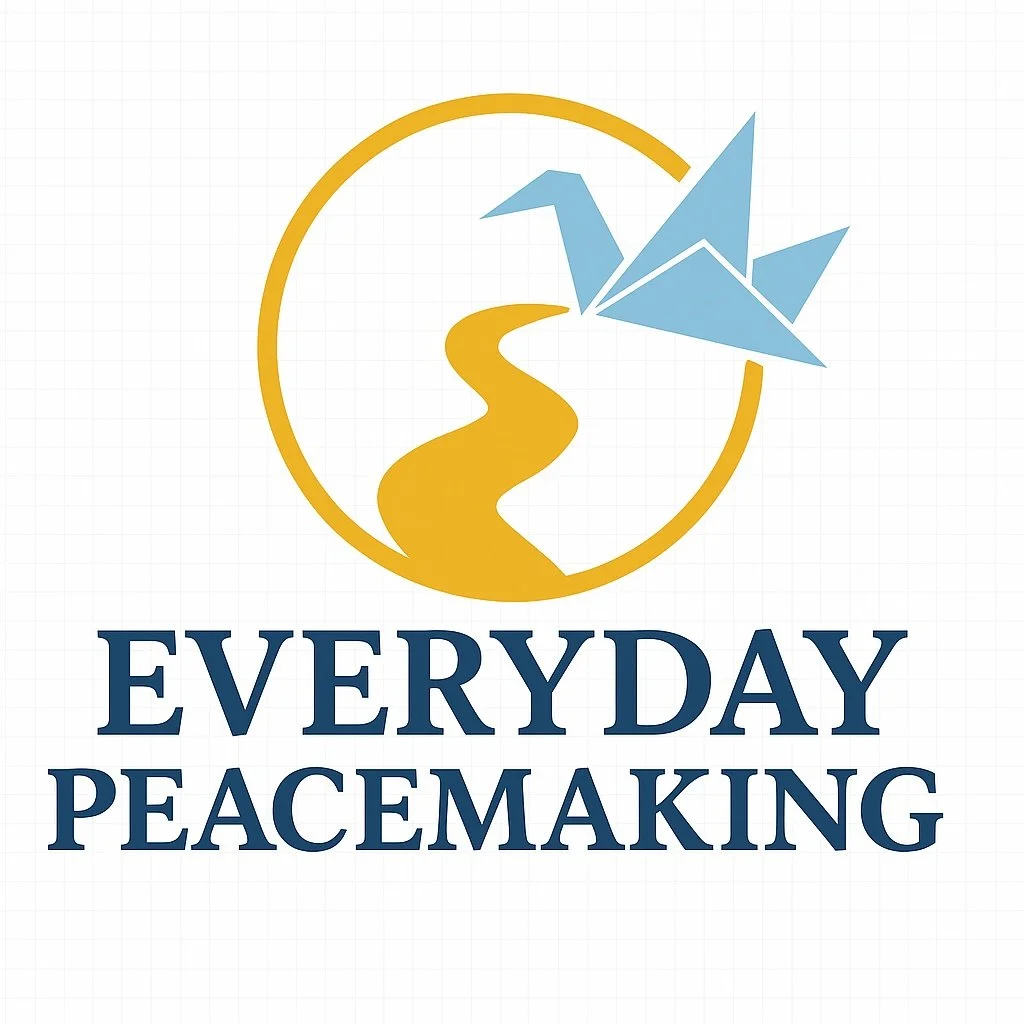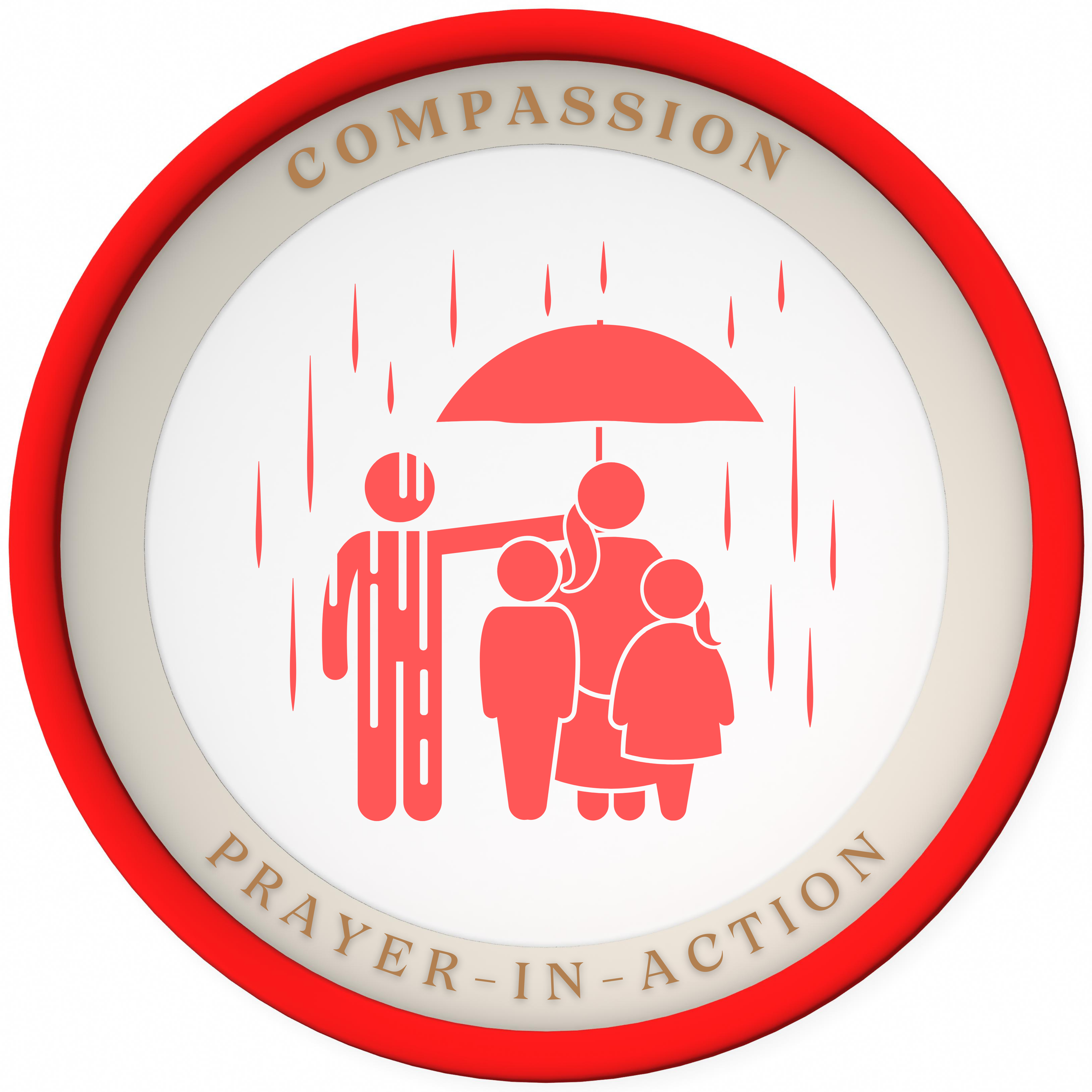Beyond ‘I’ll Pray For You.’
Compassion is prayer in action—prayer with hands and feet. Don’t get me wrong, prayer is powerful. But sometimes it can also be an easy way out—a way to avoid real connection with someone in need or to sidestep the question of what God might actually want us to do in times of hardship.
Since June 26th, I’ve heard the phrase “I’m praying for you” more times than I can count. Honestly, sometimes I just want to shout, “Stop it!” Well, sort of. It’s not that I’m ungrateful or that I don’t believe in prayer—I absolutely do. But I also believe God uses people to answer prayers.
When I hear or read, “I’ll pray for you,” it sometimes feels like, “I can’t think of anything tangible to do for you,” or, “I don’t know you well enough to even know what to pray for—or to consider how God might want me to help.”
Next time you say, “I’m praying for you,” maybe pause and ask yourself: Have I truly connected with this person? Have I listened enough for my prayers to carry real weight—for them and for me?
Here’s the thing: I’m so glad God didn’t just say to humanity, “I’ll pray for you.” Instead, God acted to show love. That’s what real compassion looks like—creative, grace-filled action that says, “I see you.” Those are the things that make the biggest difference. They remind people in the middle of loss, grief, and uncertainty that they aren’t invisible—that they matter.
Since I learned I was losing my faculty job, my community, and my dream for the future of ministry, God has used people who’ve put their prayers into action to sustain me. Sometimes that prayer-in-action was as simple as a shared meal where I was “listened into speech.” Other times, it was someone sending me a job ad and giving me an actual work opportunity—offering not only an opportunity to serve but also a way to help my family’s bank account. There have been people who love ENC who organized gatherings to celebrate and recognize what the school wasn’t willing or able to do. A church providing a way for some of us to attend a Pastor and Spouses Retreat. There have also been a couple of unexpected gifts, arriving just when it was most needed.
I’ve been especially grateful for the Esther Sanger Center for Compassion, which stepped in to help more than 70 of us who have already lost or are about to lose our jobs by offering financial support. God has used these tangible acts of service and others to remind me—and my colleagues—that we are not alone. We are seen.
In the last few months when I have been a recipient of prayer-in-action, I have been inspired, hope-full, and ready to keep going on this uncertain journey. With prayer-in-action, God uses you and I to be God’s-self.
As December 19th approaches, and the remaining ENC faculty complete their employment, there’s going to be a growing need for “prayer-in-action.” Just as the larger Nazarene church and Eastern Nazarene College friends and alumni are starting to adjust to the reality that ENC is closing, many of us will be entering our time of greatest need—emotionally, financially, spiritually, and more.
So, if you know a staff or faculty member, don’t just say prayers—reach out. Have a conversation. Ask them what they and their families need right now. You might even ask what specific prayers they have right now. Then, take it one step further: consider how that prayer might act in you to be part of God’s answer.


